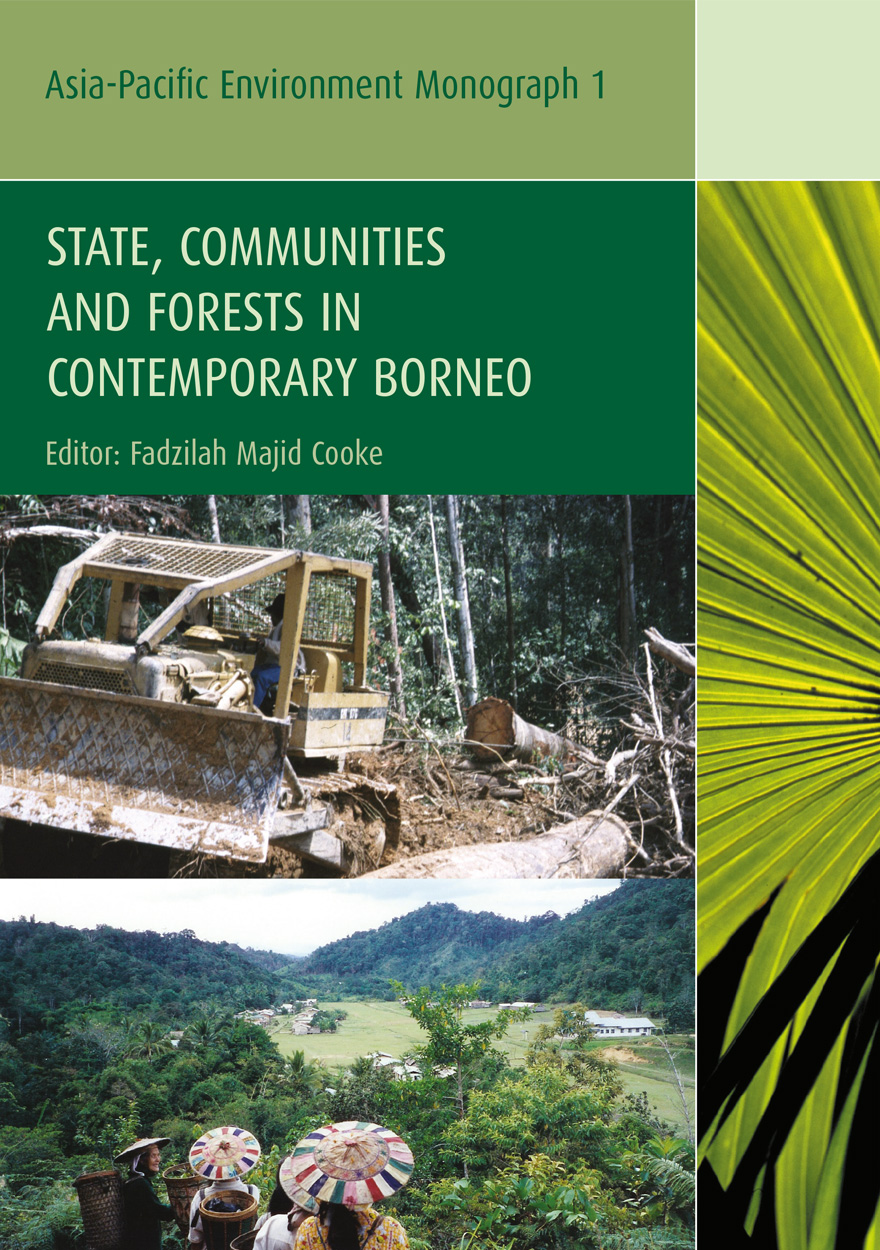Fadzilah Majid Cooke

Fadzilah Majid Cooke is Associate Professor in Environmental Sociology at the School of Social Sciences, Universiti Malaysia Sabah (UMS) an appointment she has held since 2003. At UMS she was Head of the Ethnography and Development Research Unit from 2005 until 2008. Before joining UMS, from 1995 to 1997, she was a Lecturer at the Faculty of Arts, University of Wollongong, Australia. From 1998 to 2002, she won two fellowships, a postdoctoral at RMIT and a research fellowship at The Australian National University (2000 to 2001). She has undertaken research and published in the area of agricultural development, environmental change, customary land and the politics of civil society for close to 15 years starting with her PhD work at Griffith University. She has published nationally and in Europe, the United States, Australia, New Zealand and Singapore.




